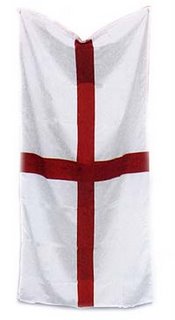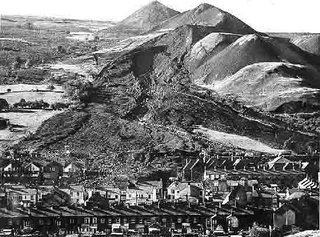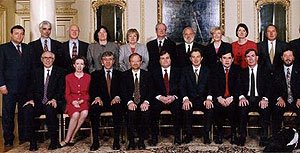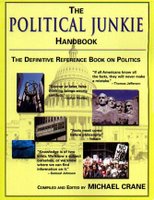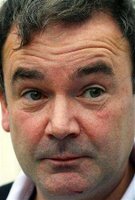 There's a widely-held view abroad in the blogosphere at the moment that Dagenham MP Jon Cruddas is the Blogger's Candidate to become Deputy Leader of the Labour Party. I am sure this perception is at least partly behind Cruddas's recent surge in the betting from around 25-1 last week to 8-1 now.
There's a widely-held view abroad in the blogosphere at the moment that Dagenham MP Jon Cruddas is the Blogger's Candidate to become Deputy Leader of the Labour Party. I am sure this perception is at least partly behind Cruddas's recent surge in the betting from around 25-1 last week to 8-1 now.There is also a related debate going on over at Labour Home as to whether the "Diamond Geezer" is the Left's Candidate. And there has also been some interesting speculation on Political Betting and in other places as to whether Cruddas is actually Gordon's Candidate, and whether the Chancellor is secretly backing him in return for the support of the big union leaders.
Well, I can't enlighten anyone on the latter point, except to say that practically everyone in the contest has been named as "Gordon's Candidate" at one stage or another. A few months back, the conventional wisdom was that he was backing Harriet Harman - until, that is, someone wrote a story implying he was backing anyone but Harman.
On another occasion, he was said to be backing Alan Johnson in return for the Education Secretary not standing against him. The truth is, no-one really knows who Gordon is backing except Gordon himself, and I doubt very much whether it would be in his or anyone else's interests to tell us.
What about "Blogger's Candidate," then? Well, again, I find it hard to see how this legend arose. Alex Hilton, probably the most influential Labour blogger by dint of his stewardship of both Recess Monkey and Labour Home was said by the Daily Pundit to be backing Cruddas, but this is emphatically not the case.
What Cruddas is clearly becoming, though, is, the "Heartlands" Candidate - or more specifically, the candidate both of the unions and, more generally, those party members who have felt disenfranchised by the Blair leadership and want a bigger say in the formation of party policy.
Rightly or wrongly, they perceive the other main candidates - Harman, Johnson, and Peter Hain - as establishment figures who are more interested in futhering their own Cabinet ambitions than repairing relations between the Government and party, and Cruddas's disavowal of any interest in becoming Deputy Prime Minister has proved a compelling sales pitch.
On top of all that, Cruddas is also by far the best organised of the four candidates, as the Daily Mail's Ben Brogan recognised some time back.
So can he do it? Well, there now has to be a very real possibility that Cruddas will gain first place in the trades union section of Labour's electoral college. Although it is union members, not their Gen Secs, who nowadays make that decision, the recommendations of the big union bosses still count for something and I expect most members will follow their lead.
But where the Cruddas campaign will almost certainly fall down is in the PLP. I would be mildly surprised if Hain does not top the MPs' ballot, and there will be significant support there for Johnson and Harman as well - all of which will leave Mr Cruddas needing to come either first or a very good second in the vote among party members to win.
For my part, I am also not at all convinced that having a Deputy Leader who is not actually a member of the Cabinet will necessarily improve the links between party and government in the way that Cruddas suggests, and that the flaws in this proposal may unravel as the campaign progresses.
Either way, you can place your own Labour leadership and deputy leadership predictions by visiting another of Mr Hilton's many internet projects HERE.
